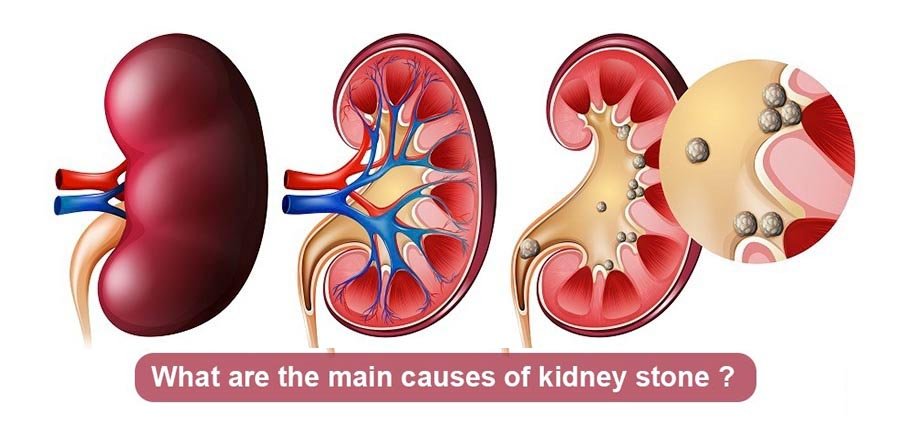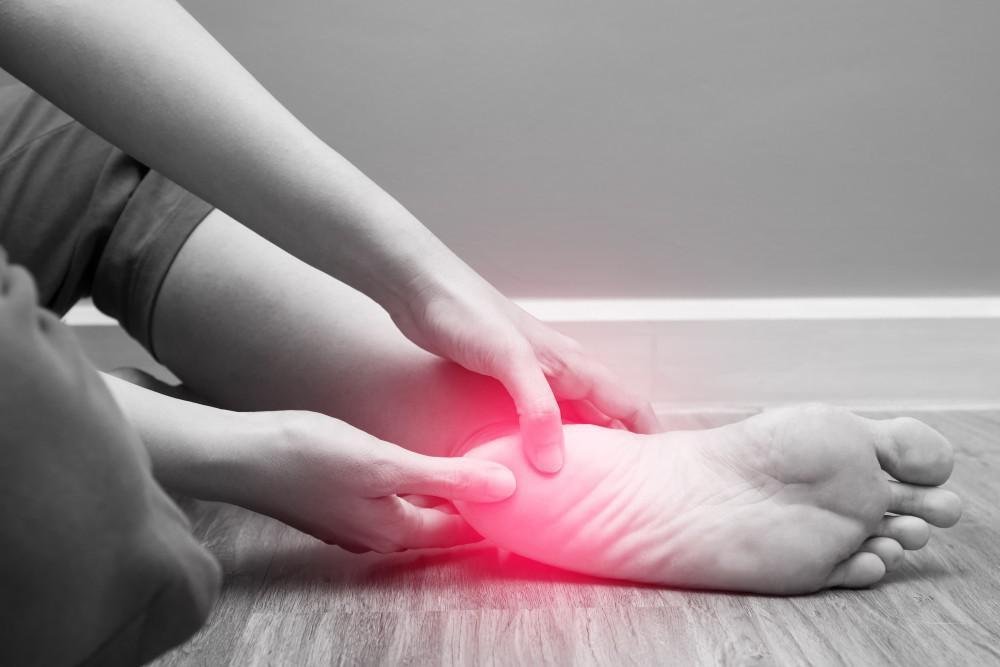
Kidney stone: Symptoms and illness
Introduction
Kidney stones are a prominent problem and can occur at any time in people of all ages. Kidney stones are excruciatingly painful mineral deposits and can strike anyone at any time. Often accompanied by symptoms like intense lower back pain and abdominal pain. Kidney stones are a common urological problem which affects millions of people worldwide. In this blog post, we’ll explore what kidney stones are, what causes them, symptoms, prevention strategies, and treatment options available in understanding and managing this painful condition.
What are kidney stones?
Kidney stone Symptoms and illness, otherwise known as renal calculi or nephrolithiasis, are hard deposits that form in the kidneys. These stones can vary in size, from tiny grains to golf ball-sized. They are made up of minerals and salts, with calcium oxalate being the most common composition.
What causes kidney stones?
Kidney stones are usually formed following a build up of certain chemicals in the body. There are a number of factors that may contribute to this imbalance:
- Dehydration: Certain medical conditions can lead to an unusually high level of chemicals in the urine, this provides an ideal environment for stone formation. Therefore, people who do not drink enough water or other fluids, are more likely to develop kidney stones.
- Diet: Consuming a diet high in oxalate-rich foods, like spinach, beets, and nuts, or excessive sodium can increase the risk of developing kidney stones.
- Genetics: A family history of kidney stones may increase a person’s susceptibility to developing kidney stones.
- Medical conditions: Certain medical conditions, such as gout, UTI’s, and metabolic disorders, can predispose individuals to kidney stone formation.
Types of kidney stones
Kidney stones come in a variety of sizes, shapes and colours. The main types of kidney stones are:
- Calcium stones, the most common
- Struvite stones, usually caused by an infection like a UTI
- Uric acid stones, usually caused by a large amount of acid in the urine
Symptoms
Very small kidney stones are unlikely to cause symptoms, these small stones may go undetected and be passed via urine.
Large kidney stones often cause a range of symptoms, including:
-
- Severe back or abdominal pain: this is often on of the first and most prominent symptoms which indicates kidney stones. People often have intermittent pain in the lower back, side, or abdomen.
- Painful urination: Discomfort or pain when passing urine is often experienced.
- High temperature
- Blood in urine: Haematuria is common when passing a kidney stone.
- Nauseas and vomiting: These symptoms often accompany the pain.
Prevention Techniques
Preventing kidney stones is often an easier step to take to dealing with them. Prevention techniques may also be utilised to prevent kidney from coming back. Some of the techniques include:
- Staying hydrated: The best way to prevent kidney stones is to avoid dehydration. Drinking plenty of water keeps the urine diluted, which reduces the risk of stone formation.
- Dietary modifications: Limiting the intake of high oxalate foods and reducing sodium consumption also helps in reducing the risk of kidney stone formation.
- Calcium intake: It is important to maintain a healthy calcium intake through dietary sources.
- Limit animal protein: Excessive consumption of animal proteins may increase the risk of kidney stone formation
- Medications: In some cases, healthcare providers may provide medications to prevent stone formation if the risk is really high.
Diagnosis
Stones can often be diagnosed from symptoms and medical history, however, patients may be sent for tests
- Low-dose CT scans (If ultrasound doesn’t detect anything)
- Ultrasound scans
- Urine tests
- Blood tests
Treatment options
When kidney stones form and become symptomatic, there are multiple treatment options available:
- Passing the stone: Small stones can often pas on their own with the help of pain management and increased fluid intake. Small kidney stones cause pain until passed, which usually takes 1 or 2 days.
- Medication: Medications may be prescribed to help relax the ureter and ease the passing of stones
- Shock wave lithotripsy: This is a non-invasive procedure that utilises shock waves to break large stones into smaller, more easily passable fragments. Ultrasound is used to pinpoint where the stone is.
- Ureteroscopy: A thin, flexible tube is used to remove or break up stones located in the urinary tract.
- Surgical intervention: In some cases, surgical removal of large or stubborn stones may be necessary.
Conclusion
Kidney stones can be a painful and distressing experience, but with proper prevention and prompt treatment, the impact on quality of life can be mitigated. If someone suspects they have kidney due to any symptoms they may be experiencing, then it is important to seek prompt medical attention. Additionally, adopting a healthy lifestyle and staying hydrated can significantly reduce the risk of developing kidney stones. It is important to take proactive steps towards navigating this common urological condition.
At Fusion Healthcare, our affordable private ultrasound scans which may be of interest if you are seeking a kidney stone diagnosis, or want to understand more about your health. With quick access to other affordable services which may benefit you, our private ultrasound scans may be just what you need to take charge of your health and give you some peace of mind.
If you are interested in having a private ultrasound scan at a clinic based in Luton, Bedfordshire that please contact us below:
TEL: 01582 249449
EMAIL: info@fusion-radiology.com
Additionally, to see the full range of our private medical services, please visit our website: https://www.fusionhealthcare.co.uk/




